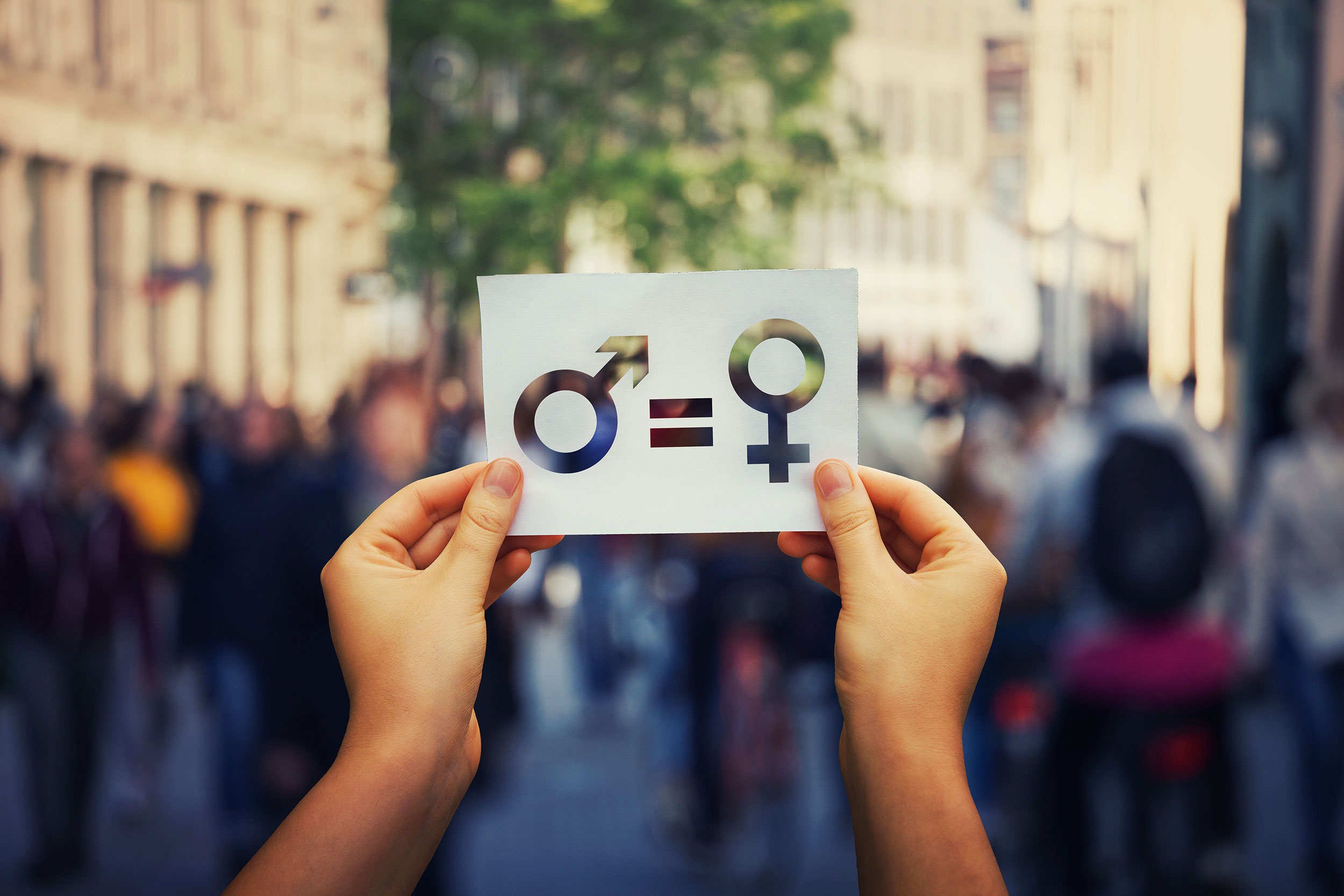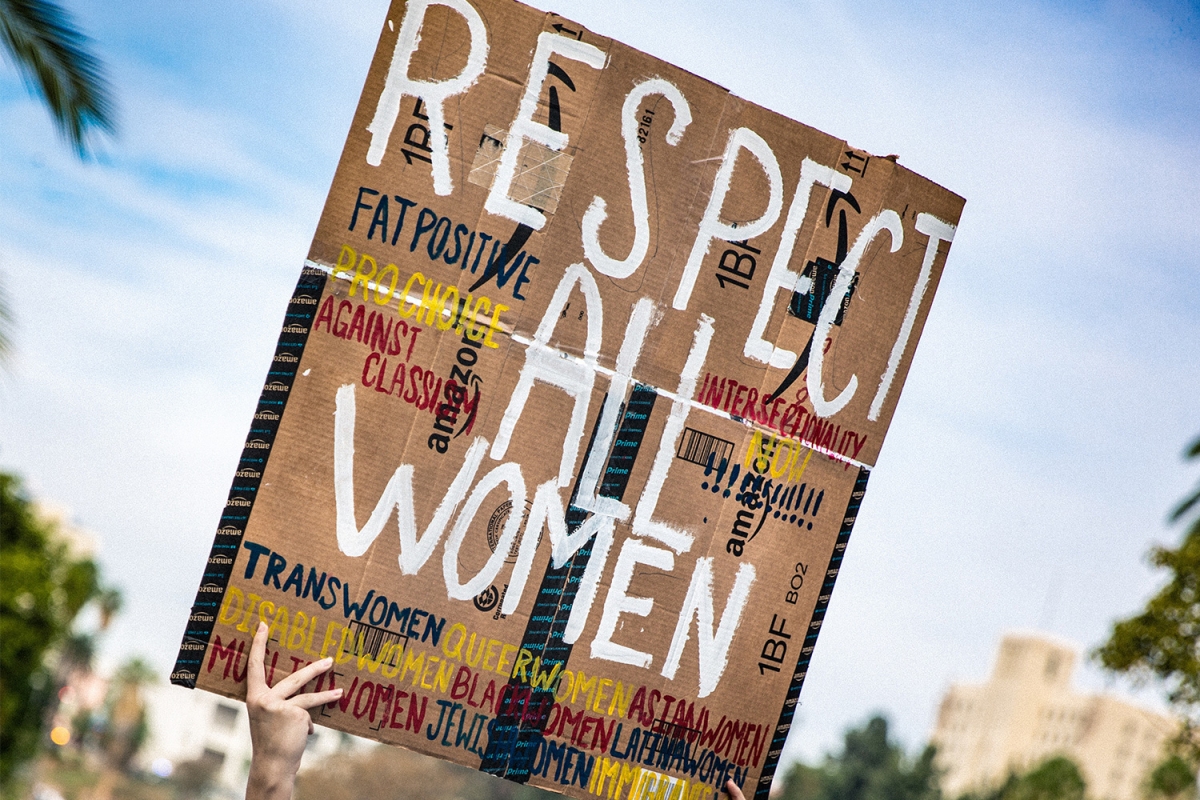Many societies have a predominantly patriarchal history. This means that the control of power, in terms of resources or positions of social and political importance, is predominantly held by men still today. However, there are also cases of matrilineal communities, where the line of descent is drawn through the mother (in some cases even land and property are passed from mother to daughter), such as the Asante in Ghana and the Minangkabau in Sumatra, Indonesia.
During the 20th century, women have progressively changed their customs, habits, way of thinking and consider themselves, their relationships and laws: this has been defined as a "gentle revolution"; the only one in history without bloodshed. It is the long, unfinished story of the battles for rights: right to study, right to work, right to vote, equal opportunities.
Social changes and new consciences often take place before legislative changes and often determine them. Examples of these changes are the Movements for women's suffrage in the aftermath of the First World War, which led to women's suffrage in many European countries, such as Poland, Germany, the United Kingdom, Austria, etc.. However, moving forward in changing gender norms is not necessarily a linear process; women had more power and legal rights in some Old World societies, such as Egypt, than in later eras. In general, today governments are working collectively to provide equal access to education, health care and decent work for women and girls. Some countries such as Sweden, Australia and the UK have a ministry for women or gender equality. "The key to gender equity lies not in the economic power of a country, but in the political will of their governments" - Van der Gaag, 2008. There is a long way to go.
Gender equality allows all people to have equal opportunities, status, rights and access to resources and services. To ensure this equitable access, governments must commit to implementing policies and strategies that rebalance the social and historical disadvantages of women.
Measures in favour of Gender Equity can lead to real Gender Equality.




